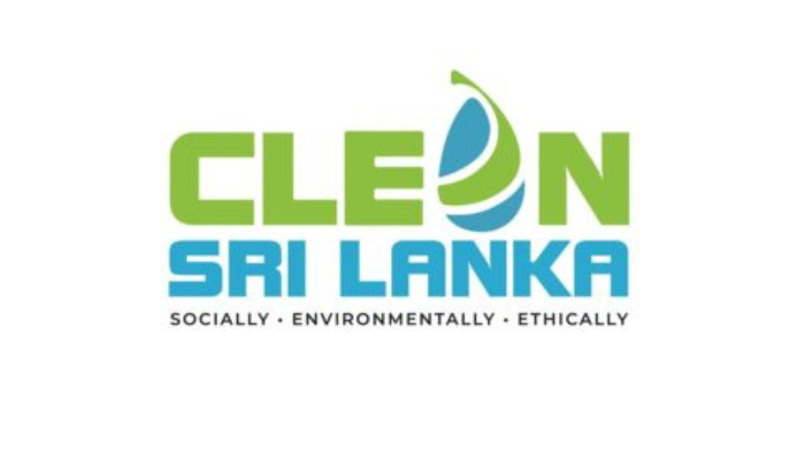- Inaugural event today in Colombo 15
- 1,740 Km of coastline to be cleaned
- Focus on biodiversity, environmental sustainability
Sri Lanka is poised to launch a nationwide initiative to preserve its beaches for tourism while ensuring environmental sustainability, senior officials said yesterday.
Additional Secretary to the President for Clean Sri Lanka, Eng. S.P.C. Sugeeshwara told a media briefing yesterday that the new program will clean a 1,740-kilometre stretch of coastline, with the official inauguration taking place today at Crow Island, Mattakkuliya, Colombo 15, with the participation of Prime Minister Dr. Harini Amarasuriya.
Sugeeshwara said that the program would focus on beach cleanliness, conservation, safety, and enhancing the visitor experience. He said that while Sri Lanka is surrounded by beautiful beaches, their environmental sustainability and cleanliness have often been overlooked, despite the significant benefits they bring to local communities, including fisheries.
“The importance of maintaining our beaches has been neglected for many years, and it is time to address this,” Sugeeshwara said. “We aim to revitalise our beaches to preserve biodiversity and enhance their aesthetic appeal under this program.”
Sugeeshwara, alongside other key officials overseeing the Clean Sri Lanka initiative, provided an overview of the program’s goals and objectives during the press briefing at the Government Information Department. The Director General of the Marine Environment Protection Authority (MEPA), Jagath Gunasekera said that Sri Lanka’s beaches, which contribute significantly to the nation’s economy through tourism, recreation, fisheries, and the hotel industry, are being negatively impacted by human activities.
These include improper waste disposal, lack of proper maintenance, and unregulated commercial activities.
Gunasekera said that these issues severely affect the tourism industry and must be addressed immediately. He said that a new program, titled Sundara Weralak, Aakarshaneeya Sanchaaraka Karmanthayak (Beautiful beaches, attractive tourist industry), is set to tackle these challenges, with the initiative initially launching on the beaches of Western and Southern Provinces.
Clean Sri Lanka Task Force Convener and Senior Additional Secretary to the President for Finance and Economic Affairs, G.N.R.D. Aponso said that there must be a fundamental shift in attitudes and behaviour towards environmental, societal, and economic issues for Sri Lanka to achieve socio-economic development. He added that Clean Sri Lanka is built on this broader, transformative perspective.
Aponso said that when Clean Sri Lanka was first introduced, many people assumed it was about “sweeping” Parliament clean or primarily focused on environmental cleanliness. While these ideas are part of the initiative, Aponso said that it encompasses a much broader vision.
“The current Government, upon taking office, promised to address the country’s social, economic, and political challenges,” Aponso said. “This resonated with the people’s desire for change, which they referred to as ‘regime change.’ They sought a socio-economic and political transformation that would lead to structural change.”
Aponso said the regime change and the socio-economic transformation demanded by the people were two sides of the same coin.
“The Government incorporated this vision into its program Pohosath Ratak, Lassana Jeewithayak (‘A rich country and beautiful life’),” he added.
In his maiden address to Parliament, President Anura Kumara Dissanayake outlined three key programs to achieve this goal: the first was to alleviate rural poverty; the second, to digitise the nation and modernise governance; and the third, the Clean Sri Lanka initiative, which aims to reform every sector and restore the nation’s integrity.
He said that these changes should even extend to the quality of everyday life, from the rice sold in eateries to the messages conveyed through billboards and hoardings.
Aponso said that the Clean Sri Lanka will foster a nation that is deeply concerned about its environment. The initiative will critically address environmental degradation such as river excavation and promote a people who uphold ethics, cherish their surroundings, avoid waste of State resources, and fight corruption.







